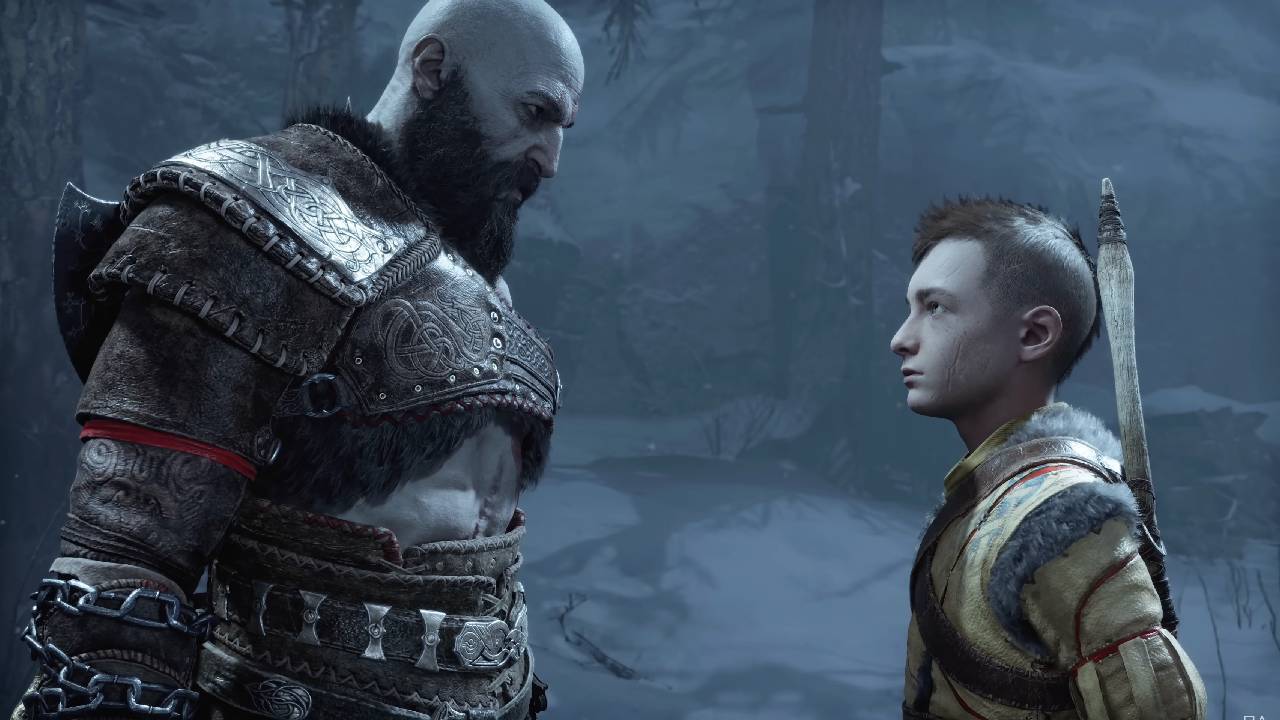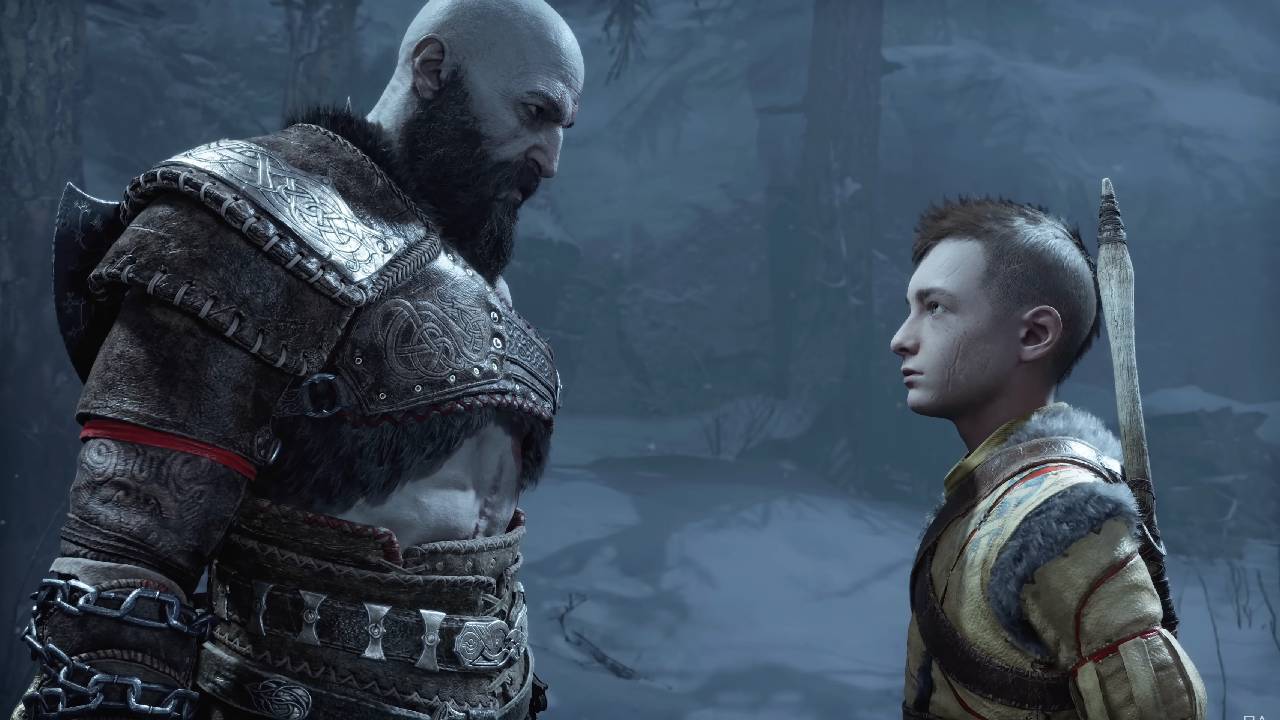A former God of War producer has a message for the games industry – scale isn’t everything.

With AAA games taking longer than ever to make and costing enormous sums, a God of War producer argues it might be time for a shift in perspective.
A Voice from Inside the AAA Machine
Meghan Morgan Juinio spent ten years at Santa Monica Studio, the team behind God of War Ragnarök. As a producer, she knows the realities of making blockbuster games better than most. Juinio has recently voiced a concern that is echoing across the industry: the way big games are made simply is not sustainable anymore.
In recent interviews, she described an industry obsessed with scope and spectacle, where development cycles stretch for years and budgets reach hundreds of millions.
“If a game isn’t fun, it doesn’t matter how beautiful it is,”
Juinio said, calling for major studios to diversify and balance their massive AAA projects with smaller, more creative ones. Her message is simple but sharp: the games industry might finally need to remember why people play in the first place.
How the AAA Model Became Its Own Worst Enemy
The modern AAA industry has built itself around the belief that scale guarantees success. Studios pour vast amounts of money and time into ever-larger productions, often assuming that a big budget and a recognizable brand can replace genuine creativity and fun. It is a system where ambition has outgrown sustainability and where innovation is frequently lost between milestones and marketing expectations.
PlayStation’s Concord became a recent example of how that approach can fail. Despite major investment and corporate backing, the game failed to find an audience and was discontinued shortly after release. In contrast, projects like Hollow Knight: Silksong continue to build excitement through artistry and thoughtful design rather than sheer scale. These examples highlight a growing divide in the industry between games built to impress and games built to inspire and suggest that the future may favor the latter.
Time to Remember Why Games Exist
Meghan Morgan Juinio’s words resonate because she knows what it takes to make big games. Her message is not to abandon large projects but to remember what gives them meaning. Games should be driven by creativity and the simple goal of being fun, not by the need to justify massive budgets.
As development costs rise and timelines stretch, the industry risks losing sight of why people make games at all. The best projects, whether massive or modest, are the ones built from a clear vision and a desire to create something memorable. Juinio’s message serves as a reminder that fun is not a side effect of good design, but it is the purpose. In the end, that might be the perspective the industry needs most.
What do you think? Let us know in the comments!


































